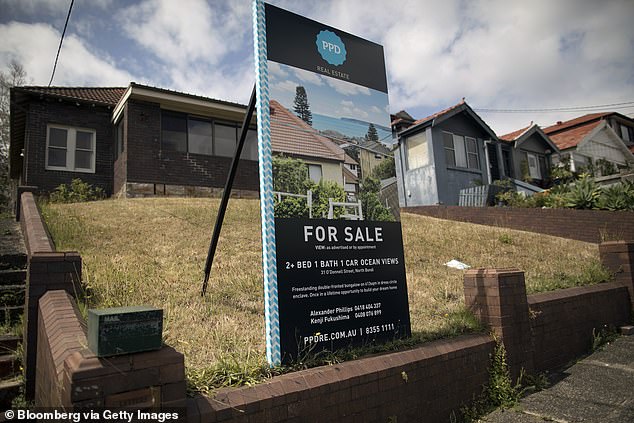A young Australian has been left angry after being refused a mortgage because he wanted to buy in a high-density area with his partner.
Patrick Curtis was surprised by the rule when he and his partner were looking for an apartment in Zetland, an inner-southern suburb of Sydney.
“After completing all the steps and keeping the bank up to date, including where we were looking, we were assured everything was fine,” he told NCA Newswire.
“This was until the last step came and they informed us that we could not get the mortgage because we were in a high-density area.”
The couple was surprised by the bank’s rejection and frustrated by the lack of communication from their lender about the existence of the rule.
“The bank did not mention this once until an outside source informed us of this possibility and we had to ask,” Mr. Curtis said.
The couple’s bank told them they would have a better chance of getting the loan if they could save a 20 per cent deposit.
They were also discouraged from applying for government aid, such as the first-time homebuyer assistance program.
A young Australian couple were left furious after being refused a mortgage because they wanted to buy in a high-density area (file image)
Curtis said he and his partner were angry, but also confused because they felt the lending rules were aimed at wealthy people buying property.
The couple switched banks and got a loan from their new lender.
money.com.au mortgage expert and Soren Financial Director Mansour Soltani told Daily Mail Australia that each lender does a “risk analysis for each suburb” and calculates how much risk they are willing to expose themselves to in an area.
“(They will look at) high density apartments and lenders will ask for a higher deposit,” he said.
“This is usually the case if the apartment block is over ten storeys and the entire suburb is covered in apartments – think Zetland in Sydney or Docklands in Melbourne.”
Soltani said banks also look to mitigate natural disasters, such as flood zones, and may take into account a low population and scarce employment opportunities in an area, which can make “selling a property more difficult.”
“We’ve had cases where a bank already had too many customers in a complex and didn’t want to take on any more risk in that particular building,” he said.
The mortgage expert said banks are also wary of small square footage, typically seen in studio apartments, and may require a larger deposit if the property is less than 50 square meters.

Patrick Curtis was shocked by the rule when he and his partner were looking for an apartment to buy in Zetland, in inner Sydney (file image)
“It depends on the lender, they are all independent companies with their own risk appetite, but they generally won’t lend to a studio because it’s harder to sell,” he said.
Soltani said buyers can navigate their lender’s “risk appetite” by having their broker or bank check a suburb in advance if they are interested in that area.
Although it would be ideal for banks to inform borrowers in advance of all warnings they have, it is not always practical.
“It’s difficult because people target certain suburbs but don’t always buy there, it’s just better for borrowers to check,” he said.
“A good broker will do these checks in advance.”
The mortgage lending expert recommends that first-time homebuyers be in “constant communication” with their broker or lender to ensure they are “comfortable” with the property they want to bid on.
“That way you avoid problems,” he said.
“(But) remember that just because one bank said no doesn’t mean others will.”

